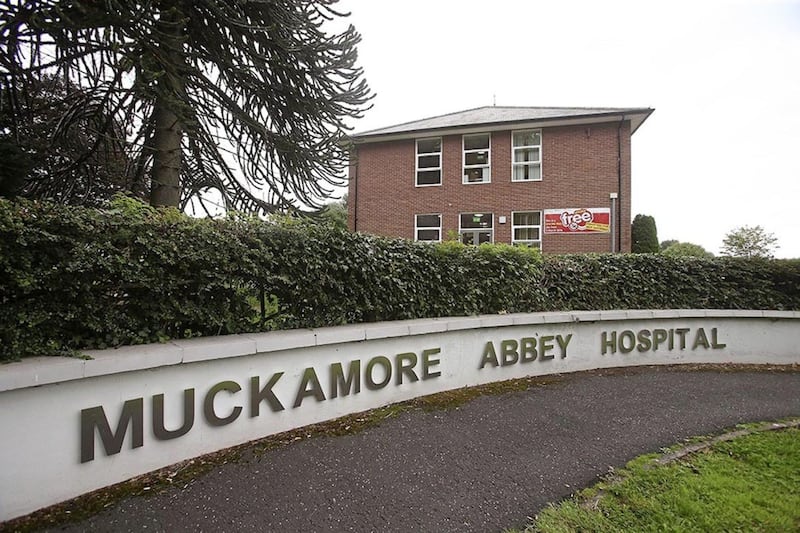Not all of us agree with our parents’ opinions and choices but few of us would say they could be retrospectively deported.
Not so with home secretary Priti Patel who admitted that her parents might not have been admitted to the UK under the immigration rules she is proposing.
Like a malevolent Marty McFly actively trying to erase her own history while still ensuring she made it into the world, the 47-year-old effectively lumped her parents in with the migrants she seems to resent so much.
Ms Patel’s parents, part of a large Indian diaspora living in Uganda, came to the UK from the east African state in the 1960s and set up a chain of newsagents.
While she later back-tracked to say that their migration could have come under current refugee rules due to persecution they faced in Uganda, the clarification sounded hollow.
Under a new immigration system due to come into effect on January 1 2021, overseas workers classified as "unskilled" and those earning below £25,600 will no longer be allowed entry to work.
Shop work, including the jobs created by her own family, falls under the kind of “unskilled” migrant labour Ms Patel’s policies wish to discourage.
“Unskilled” covers a huge range of jobs and while there is no official definition, which will make the immigration process even more tortuous than it actually is, everyone from migrant care workers to agricultural workers and people working in hospitality look set to be affected.
The rules also don’t take into account the reality of immigration. Migrants who want to build a new life are rarely happy to permanently remain in low-paid work.
A study published last year found that half of the UK’s fastest-growing companies have at least one co-founder who was born outside the country. Barbara Roche, a former Treasury minister and director of immigration think-tank Migration Matters, said immigrants are “wealth creators”.
“Most importantly for the UK, they’re job creators as well,” she added.
UK online food delivery company Deliveroo was founded by William Shu, born in America to Taiwanese parents. Mr Shu famously still does some delivery shifts in London - work which would be classed as unskilled.
The government’s proposals also do not make any allowances for regional variations in pay or gaps in employment.
£25,600 is a high earning threshold, particularly in the north.
Hospitality Ulster chief executive Colin Neill has already said that the plans “will simply decimate the local hospitality sector”.
He said the north does not have enough people to work in hospitality and said one restaurant has already delayed its opening because it can’t find the staff.
The DUP has already said it will ask the government to reduce the salary threshold to £22,000 - still much too high for many jobs.
But given the party now has less clout with Boris Johnson than Larry the Number 10 cat, their request is likely to be rejected.
The satisfaction the Tories have taken in aiming to curb free movement is in sharp contrast to establishment pearl-clutching over the return of Greek artefacts the Elgin marbles.
The ancient marbles, housed in the British Museum, are part of a set of sculptures that adorned the Parthenon temple and other buildings on the Acropolis in Athens.
The 2,500-year-old marbles were brought to the UK by Lord Elgin in the early 19th century, apparently with the agreement of Greece’s then rulers, the Ottoman Empire.
Greece, Cyprus and Italy had proposed to the European Union that “unlawfully removed” antiquities should be blocked from being auctioned in London - seen by many on the right as a sly attempt to get the marbles returned to Greece in the run-up to the 200th anniversary of Greek independence next year.
The British Museum has insisted that the sculptures were acquired legally by Lord Elgin but Greece considers them as stolen goods.
However, the Tory government has said it will not be discussing the return of the marbles to Greece as part of any future trade negotiations with the EU.
It must be reassuring to any would-be migrant that their potential contribution to the UK could be classed as less than a group of stone sculptures.
Perhaps established migrants should consider trying to identify themselves as cultural artefacts since that seems to be an easier way of avoiding deportation than being an actual human being.








